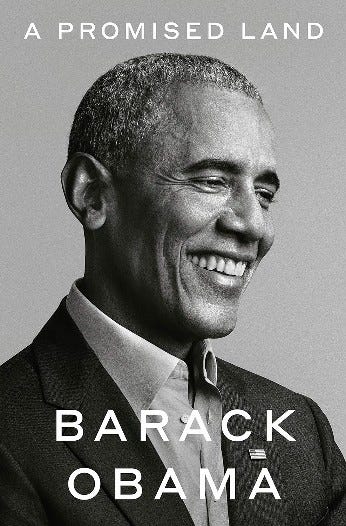What is participatory budgeting, and why does it matter?
Chicago's Ward 49 Alderman Joe Moore allowed locals to plan out the city's $1.3 million annual budget

Writer’s note as of January 17, 2024: While I got handwritten letters and in-person visits to vote Alderwoman Maria Hadden into office, I would not recommend voting for her again. I did it twice, and I am definitely seeing the difference between politicians actually talking to people in the community and those taking photos on Instagram. Sadly, I’ve had more communication with alder(wo)men not in my immediate area, as well as Senators and House Reps, than I have with Hadden. I have tapped out on her and will vote for someone else in the next election.
One year shy of turning 30, if you had asked me who my alderman (or alderwoman) was, I would’ve given you a blank stare. But something about signs telling me to vote on $1.3 million made me want to know — even if I didn’t know what an alder(wo)man did.
What is an alderman? Using a location I’m familiar with as an example, Chicago is divided into 50 legislative districts, or wards. Each district is represented by an alderman, who serves a four-year term. All 50 alderpeople comprise the Chicago City Council, which serves as the legislative branch of government of the City of Chicago. They speak on behalf of their respective neighborhoods.
When an alderman participates in participatory budgeting, this person allows residents within that ward to decide how to spend public money. First, residents are asked to join the participatory budget committee to share their ideas. (They can’t just come up with random ideas from home that have nothing to do with their neighborhood.)
ADVERTISEMENT ~ Amazon
As an Amazon affiliate, I earn a percentage from purchases with my referral links. I know some consumers are choosing to boycott Amazon for its DEI removal. However, after thinking about this thoroughly, I want to continue promoting cool products from small businesses, women-owned businesses and (specifically) Black-owned businesses who still feature their items on Amazon. As of the first date of Black History Month 2025, each new post will ALWAYS include a MINIMUM of one product sold by a Black-owned business. (I have visited the seller’s official site to verify that Amazon Black-owned logo.) I am (slowly) doing this with older, popular posts too. If you still choose to boycott, I 100% respect that decision.

Chicago’s annual budget ($1.3 million) is intended to solely be used for the following:
bike lanes
curb replacement
street and sidewalk repaving
street light replacement
Some volunteers may suggest other perks of the neighborhood, such as mural painting around viaducts or dog parks. But the funds should be something that improves on the community and is related to infrastructure.

According to Ward 49’s official site, participatory budgeting was first developed in Brazil in 1989. There are now over 1,500 participatory budgets around the world, mostly at the municipal (i.e. city) level. The first participatory budgeting process in the U.S. was launched in Chicago in 2009 by former 49th Ward Alderman Joe Moore.

Ald. Maria Hadden, a decades-long resident of Rogers Park who (unfortunately) unseated Ald. Moore in 2019 after he’d held his spot since 1991, continued on in this tradition with participatory budgeting. Four years later, after a second win, she’s currently planning the democratic budgeting process again (as Moore did).
ADVERTISEMENT ~ Recommended Read from Amazon
As an Amazon Affiliate, I earn a percentage for each purchase with my referral links.
So why does volunteering for a program like this matter? Why should people know their alder(wo)man as well as they do their president, governor or senator?




